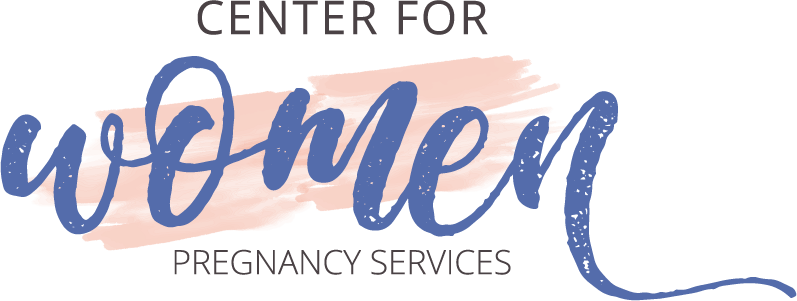Here at the Center for Women, we are committed to bringing light on issues and topics that may impact the health and well-being of women in our community. While not extremely common, as many as one in ten women are affected by a condition called “polycystic ovarian syndrome” or PCOS. This condition affects many body systems, and can often be difficult to recognize at first. This article will break down what PCOS is all about – the signs and symptoms, plus some tips on what you can do if you think you might have it.
What is PCOS?
Polycystic Ovary Syndrome is a condition that affects the hormones in a woman’s body. This results most specifically in the overproduction of the androgen hormones. Androgen hormones are hormones that are found in greater abundance in men. They are present in women as well; however, higher concentrations are what lead to PCOS.
What does PCOS cause?
As in the name, PCOS can cause cysts in the ovaries. However, not every woman with PCOS has cysts that accompany the condition. The cysts that do occur are not harmful to the woman, however they can cause fertility issues. Hormonal imbalances are the most hallmark presentation of this syndrome. Insulin resistance is often an accompanying factor to PCOS. Resistance to insulin leads to an increase in androgens, which leads to other PCOS symptoms.
What are the recognizable signs of PCOS?
There are many signs to watch for that may indicate PCOS. A few examples are:
- Infertility issues: This is often the reason that women discover they have PCOS. The hormone imbalances and the presence of cysts in the ovaries can lead to much difficulty in conceiving. There are ways that this can be treated, so be sure to contact your doctor if you have PCOS and are trying to get pregnant.
- Excessive hair growth: Due to increased male sex hormones (androgens) women often find an increase in hair growth in areas where women generally grow less hair, such as the face and arms. There are treatments for this as well so be sure to ask your doctor about this.
- Acne: Many women with PCOS experience excessive acne on the face, or back. This is due to the hormone imbalances. There are medications that can be used to prevent this, and skin treatments to reduce it as well. Be sure to mention this to your doctor, who may refer you to a dermatologist.
- Irregular periods: Periods that are abnormal are common in women who have PCOS. The menstrual cycle is regulated by hormones, so the imbalances that occur with PCOS can affect the cycle greatly. It is important that you tell your doctor about any cycle irregularities.
- Weight gain/obesity: Due to the hormone imbalances that are caused by PCOS, many women with this condition have issues with maintaining a healthy weight. Lifestyle modifications and medications can be used to help manage this, so be sure to consult your doctor.
What can I do if I have PCOS?
The first step is to consult your doctor if you think you may have PCOS from recognizing the symptoms listed above. This will give you access to medications and treatments that you would not have access to otherwise. This could include hormone therapies, which are often used to increase insulin effectiveness or to decrease production of androgens. In addition to medications and treatments, many women find a reduction in symptoms after losing a small amount of weight. This is not recommended for everyone. Consult your doctor about lifestyle modifications to make sure that they are indicated in your plan of care. They may be able to refer you to a nutritionist who can help you find a diet that can help you have the most control over your PCOS symptoms.
Our goal at the Center for Women is not just to inform but to empower you with knowledge that can lead to early detection, management, and even prevention of some of the complications associated with PCOS. Being diagnosed with PCOS does not need to cause a great amount of stress: PCOS can be well managed through diet, lifestyle modifications, and medications. If you are having symptoms or think you might have PCOS, make sure to talk to your doctor and seek the care you need so that PCOS symptoms affect your daily life as little as possible.
References
https://www.mayoclinic.org/diseases-conditions/pcos/symptoms-causes/syc-20353439
https://www.hopkinsmedicine.org/health/conditions-and-diseases/polycystic-ovary-syndrome-pcos
https://my.clevelandclinic.org/health/diseases/8316-polycystic-ovary-syndrome-pcos
https://www.cdc.gov/diabetes/basics/pcos.html
https://www.mayoclinic.org/diseases-conditions/pcos/diagnosis-treatment/drc-20353443
https://www.who.int/news-room/fact-sheets/detail/polycystic-ovary-syndrome
https://www.yalemedicine.org/conditions/polycystic-ovary-syndrome

